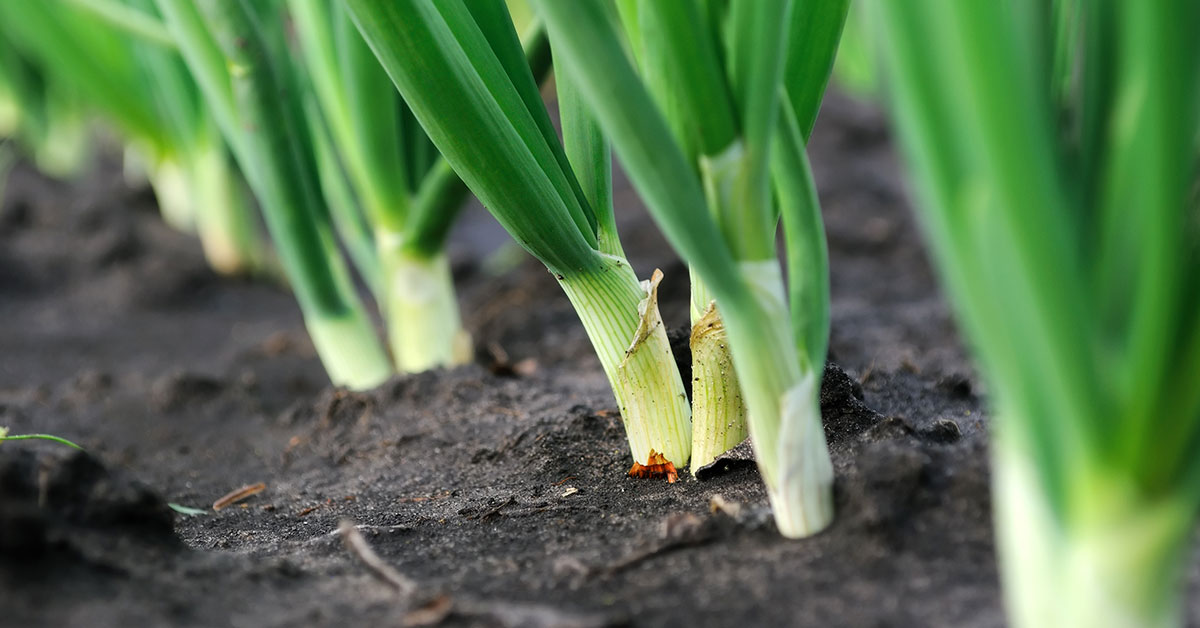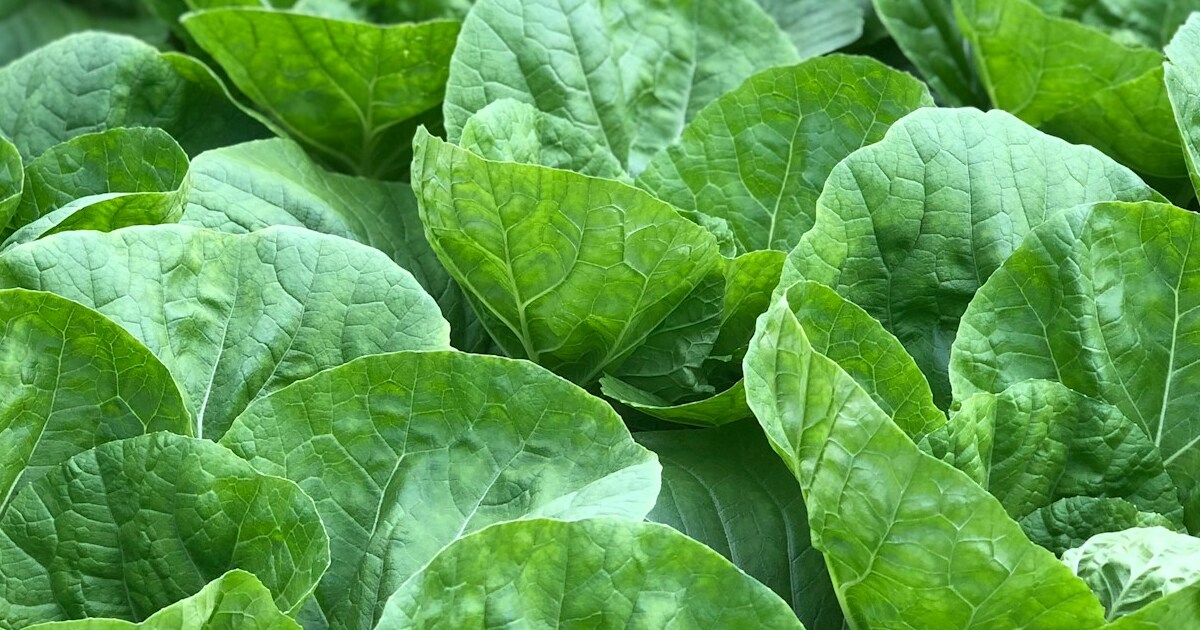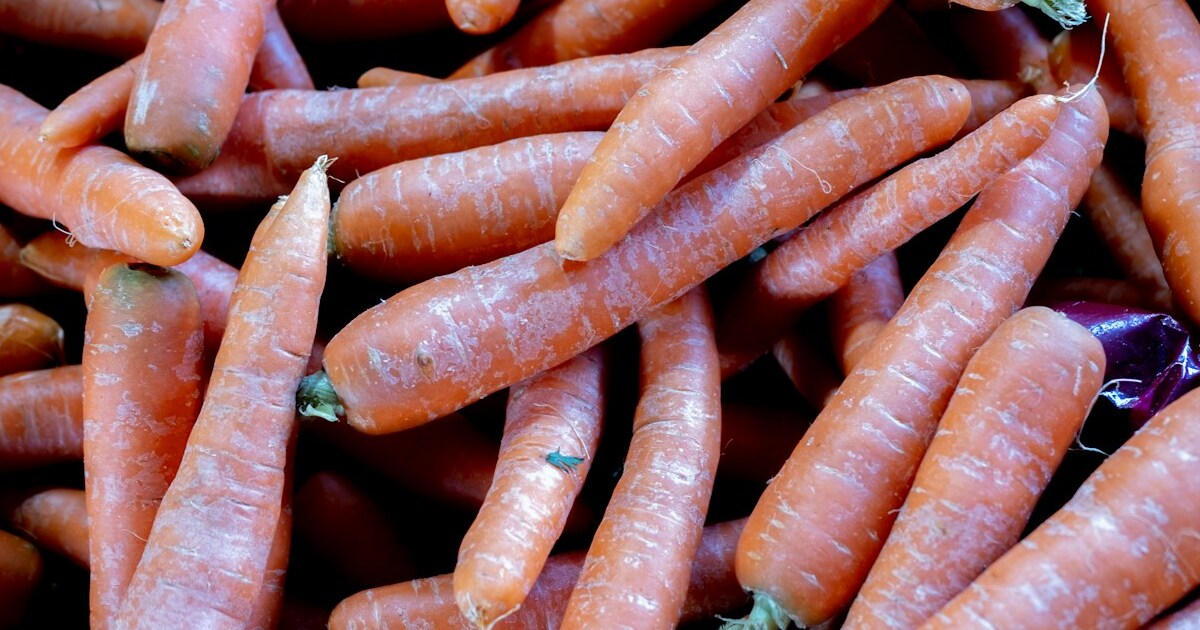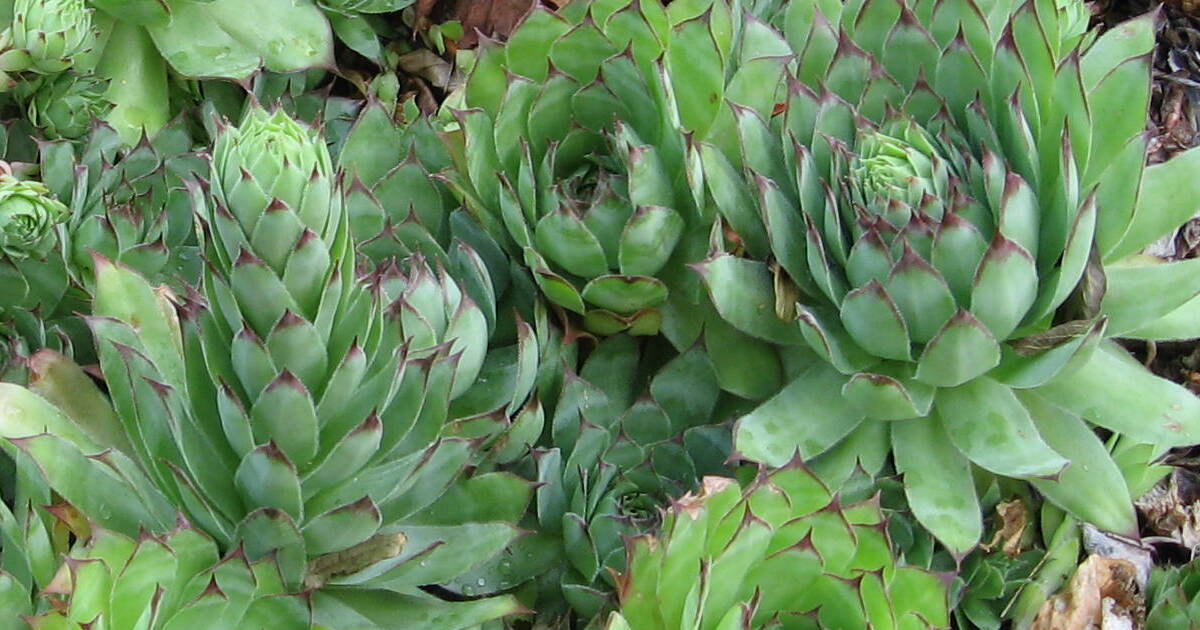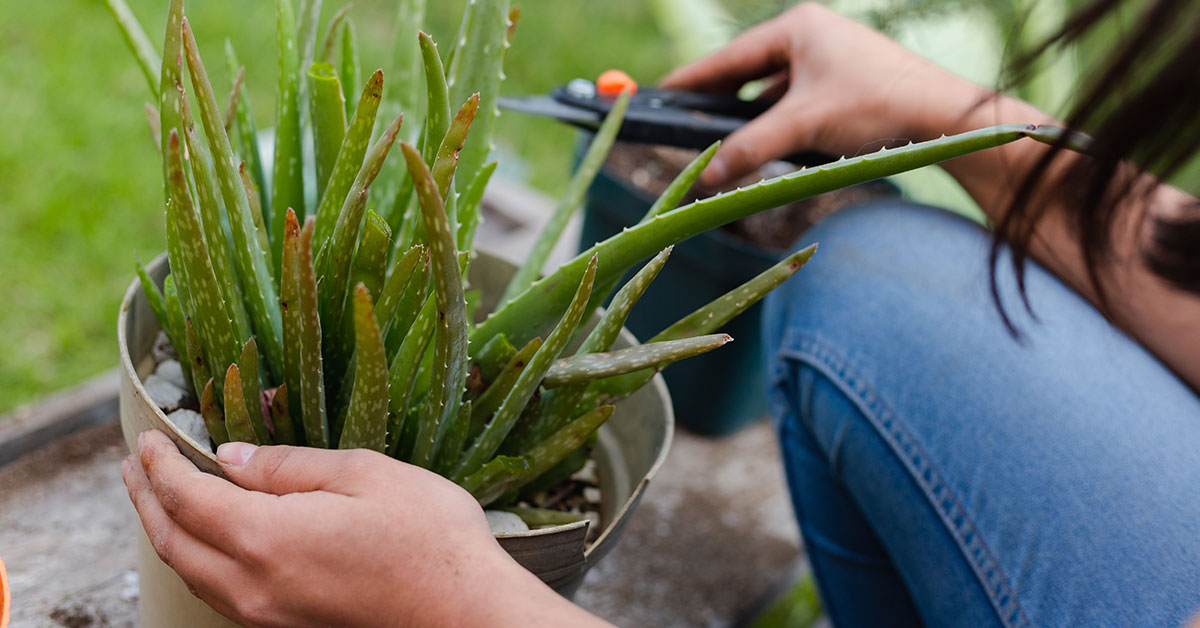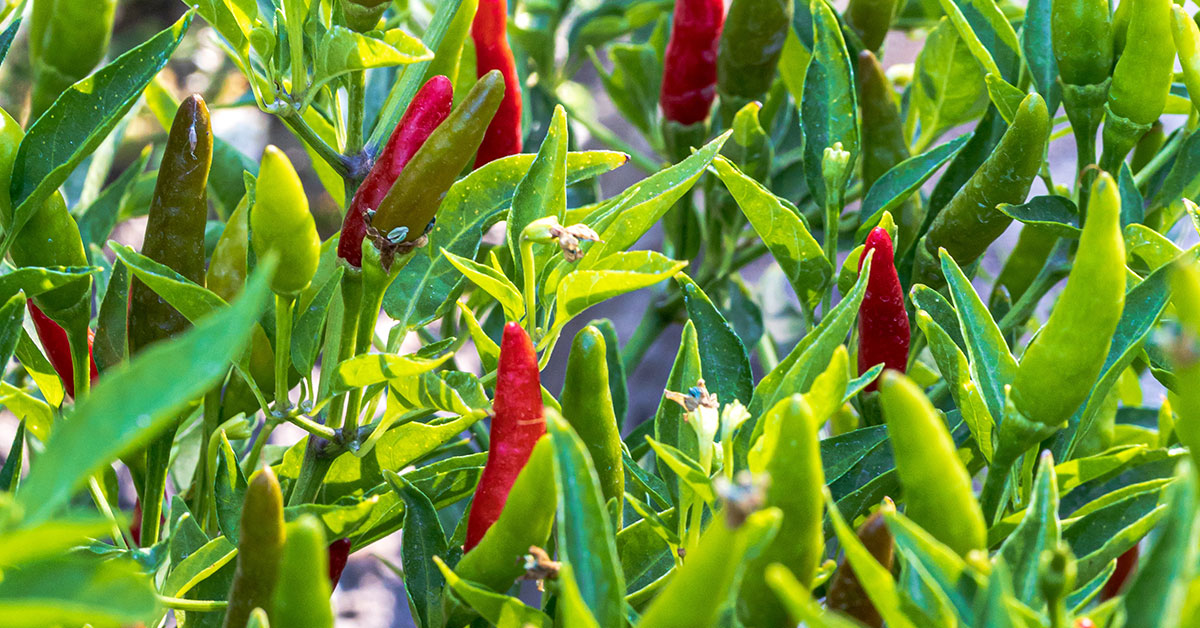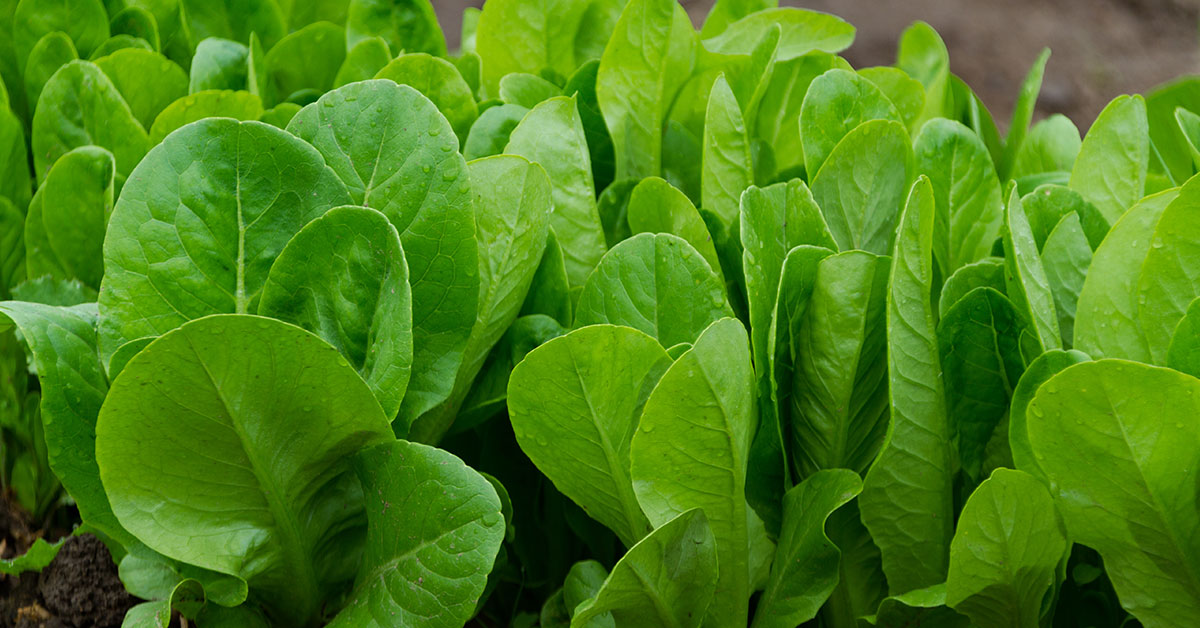Onions, a staple in many culinary dishes, are not only versatile and flavorful but also relatively easy to grow in home gardens. However, to ensure a bountiful harvest and robust growth, it is crucial to provide these alliums with the right nutrients. This is where fertilizers come into play. Choosing the best fertilizer for onions can significantly impact their overall health, yield, and flavor. In this article, we will explore the best fertilizer for onions, their essential nutrients, and the optimal application methods to help you make informed decisions and achieve thriving onion plants in your garden.
Whether you are a seasoned gardener or a beginner, understanding the importance of fertilization and selecting the right products will undoubtedly contribute to the success of your onion cultivation endeavors.
Do onions need to be fertilized?
Onions plants do require fertilization for optimal growth. Fertilizers provide essential nutrients that onions need to develop healthy foliage and bulbs. Onions are heavy feeders, meaning they have high nutrient requirements. Nitrogen, phosphorus, and potassium are the primary nutrients needed by onions, but they also benefit from secondary nutrients like calcium, magnesium, and sulfur.
It is important to provide a balanced fertilizer specifically formulated for vegetables or onions to ensure they receive the necessary nutrients throughout their growth cycle. Regular fertilization, following the recommended application rates, will help promote vigorous growth and increase bulb size.
The best fertilizer for onions
The best fertilizer for growing onions is one that is high in phosphorus and potassium, and low in nitrogen. Nitrogen promotes leafy growth, which is not ideal for onions as it can result in larger leaves and smaller bulbs. On the other hand, phosphorus and potassium promote root development and bulb formation.
A good fertilizer option for onions is a balanced or slightly higher phosphorus and potassium fertilizer, such as a 5-10-10 or 10-20-20 blend. You can also use organic fertilizers like bone meal or fish emulsion, which are naturally high in phosphorus and potassium.
It’s important to apply the fertilizer at the right time. Onions benefit from a slow-release fertilizer applied at planting time or a few weeks after planting. Avoid applying too much fertilizer, as it can lead to excessive leaf growth and reduced bulb development. Always follow the instructions on the fertilizer package for proper application rates.
When to fertilize onions
The ideal time to fertilize onion plants depends on the specific stage of growth. Here are some general guidelines:
- Pre-planting: Before planting onion sets or transplants, it is beneficial to incorporate organic matter, such as compost or well-rotted manure, into the soil. This will provide a good foundation of nutrients for the plants.
- Early growth stage: Once the onion plants have established themselves and started to produce new leaves, you can apply a balanced fertilizer with a ratio like 10-10-10 or 14-14-14. Apply the fertilizer according to the package instructions, usually around 2-3 weeks after planting.
- Bulb formation stage: As the onion plants continue to grow and start forming bulbs, you can switch to a fertilizer with a higher phosphorus content, such as a 5-10-10 or 10-20-20 ratio. Phosphorus promotes root development and bulb formation. Apply the fertilizer every 3-4 weeks during this stage.
- Late growth stage: In the last few weeks before harvesting, you can reduce or stop fertilizing the onion plants. This allows the bulbs to mature and develop their full flavor.
It is important to note that these are general guidelines, and the specific fertilizer requirements may vary depending on your soil conditions and the variety of onions you are growing. Always follow the instructions on the fertilizer package and monitor the plants for any signs of nutrient deficiencies or excesses.
Common issues with fertilizing onions
When fertilizing onions, several common issues or problems can arise. Here are a few:
- Nitrogen imbalance: Onions require a balanced supply of nitrogen to develop healthy foliage and bulb growth. However, excessive nitrogen can lead to excessive leaf growth and delay bulb formation. On the other hand, insufficient nitrogen can result in stunted growth and small bulbs. It is crucial to maintain a proper nitrogen balance by following recommended fertilizer application rates.
- Phosphorus deficiency: Phosphorus is essential for root development and overall plant health. A deficiency in phosphorus can cause slow growth, weak plants, and reduced bulb formation. To address this, it is important to use a fertilizer with adequate phosphorus content or apply a phosphorus-rich organic amendment, such as bone meal, before planting.
- Over-fertilization: Applying too much fertilizer can lead to fertilizer burn, which damages the onion plants. Fertilizer burn occurs when the concentration of salts in the soil becomes too high, causing dehydration and injury to the roots and foliage. It is crucial to follow the recommended application rates and avoid applying fertilizer directly on the plants.
- Inadequate potassium levels: Potassium is essential for onion plant health, disease resistance, and bulb development. A deficiency in potassium can result in weak plants, increased susceptibility to diseases, and smaller bulbs. To ensure sufficient potassium levels, use a balanced fertilizer or add potassium-rich amendments, such as wood ash or potassium sulfate, as recommended.
- pH imbalance: Onions prefer a slightly acidic to neutral soil pH range of 6.0 to 7.0. If the soil pH is too high or too low, it can affect nutrient availability and uptake by the plants. Conduct a soil test to determine the pH level and adjust it if necessary using appropriate amendments like lime to raise pH or sulfur to lower pH.
To avoid these issues, it is crucial to understand the specific nutrient requirements of onions and provide them with a balanced fertilizer at the appropriate times during their growth stages. Regular soil testing can also help identify any nutrient deficiencies or imbalances, allowing for targeted fertilization.


